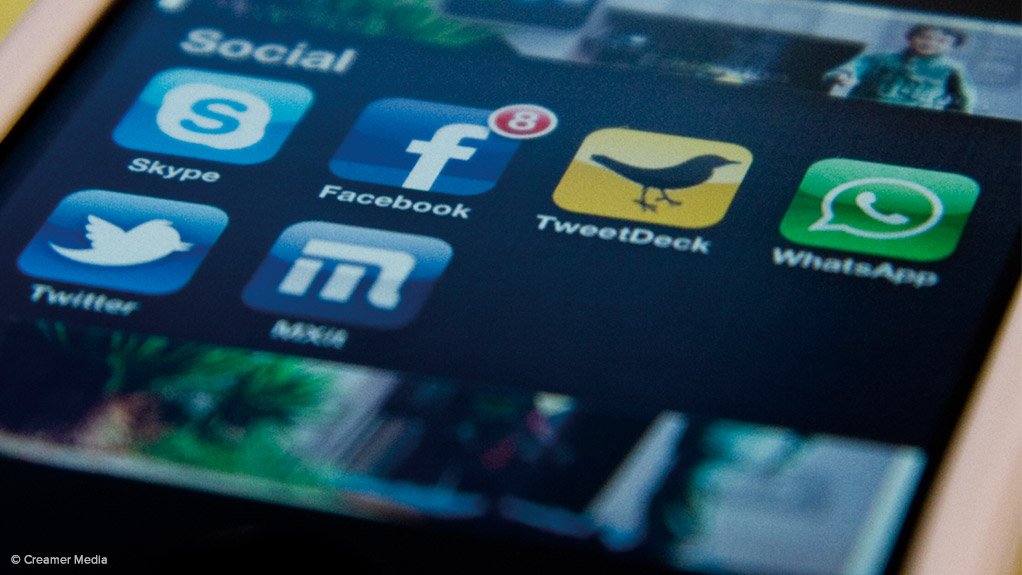The Right2Know Campaign (R2K) and the Democratic Alliance (DA) on Tuesday lashed out at State Security Minister David Mahlobo, who at the weekend said the regulation of social media in South Africa was being discussed at government level.
At a justice, crime prevention and security cluster media briefing on Sunday, Mahlobo indicated that the African National Congress led government was contemplating regulating South Africa's social media space.
In a statement on Tuesday, R2K said this would be an abuse of power that undermined democracy.
"R2K has already raised concerns that South Africa's state security structures have abused their surveillance powers and shown a disregard for democratic process."
R2K said members of the state security cluster had tried to paint their critics as "threats" who must be targeted.
"Now, out of thin air, we have state security proposing to 'regulate' social media. This is a clear move by state securocrats to try [and] clamp down on freedom of expression and increase their powers to censor the internet."
'Cyber bullies'
R2K said the call from Mahlobo came on the back of a range of existing and "deeply problematic censorship policies".
"Regulation of social media already exists. [Platforms] like Twitter and Facebook have added self-regulation measures to empower users to take action against online harassment and cut down on the spread of fake news and propaganda."
Meanwhile, DA spokesperson on telecommunications and postal services Marian Shinn said the call from Mahlobo was "worrying".
"Such statements pose a direct threat to media and internet freedom in SA. Instead of making such irresponsible threats, our government should rather distance itself from the continent's despots when it comes to developing policies and regulations for internet behaviour."
Shinn said Mahlobo's concerns about false news and scams needed to be looked at against the backdrop of "the pending 2019 general election and the increasing denial of digital rights by African governments feeling threatened by the citizen empowerment that the world wide web facilitates".
Shinn highlighted how the South African government, "along with cyber bullies such as Russia, China, Saudi Arabia, Indonesia and India", had voted against the United Nations Human Rights Council's declaration that access to the internet was a human right.
EMAIL THIS ARTICLE SAVE THIS ARTICLE
To subscribe email subscriptions@creamermedia.co.za or click here
To advertise email advertising@creamermedia.co.za or click here











